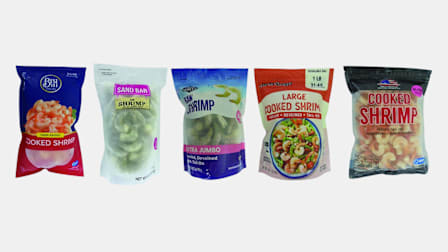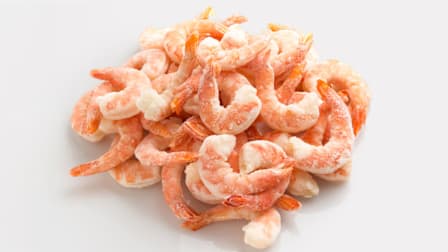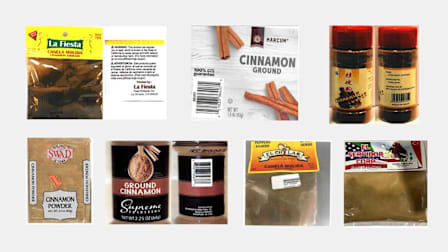Zespri Packaged Organic Kiwifruit Recalled Due to Risk of Listeria
The fruit was sold in 14 states

One-pound packages of Zespri organic green kiwifruit have been recalled by distributor David Oppenheimer and Company (Oppy) because the fruit may be contaminated with Listeria monocytogenes. No illnesses have been reported. However, this bacteria can cause serious illness, especially in pregnant people, young children, older people, and those with weakened immune systems.
The kiwifruit, imported from New Zealand, comes in plastic clamshell boxes marked with UPC code 8 18849 02009 3. Individual fruits inside have a sticker with a bar code number 9400 9552.
The fruit was shipped to retailers in Florida, Georgia, Illinois, Indiana, Kentucky, Michigan, New York, North Carolina, Ohio, Pennsylvania, Tennessee, Texas, and Wisconsin between June 14 and July 7, 2023.
The Risk of Listeria
Each year, an estimated 1,600 people get listeriosis, the illness caused by listeria, and about 260 die, according to the Centers for Disease Control and Prevention. Although most people who get it don’t get seriously ill, symptoms can still be unpleasant and include fever and diarrhea. A more serious infection can cause muscle aches, headache, stiff neck, confusion, loss of balance, and convulsions.
Symptoms can occur between a week and four weeks after eating food contaminated with the bacteria.




















